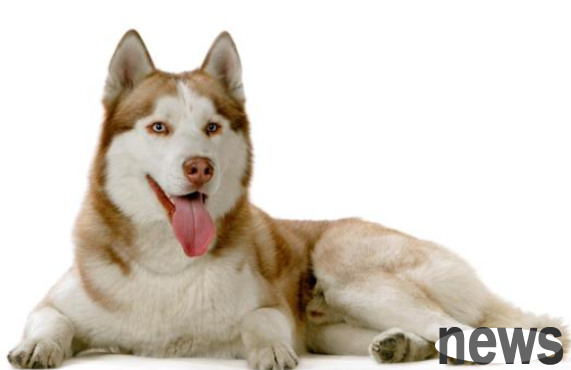Usually, if the dog catches a cold, and the dog has a good physical fitness, the dog can recover after the pet owner adopts some basic nursing measures. It usually takes about a week and does not need to be sent to the hospital for treatment. But if you have a serious cold or even have a high fever, you need to seek medical treatment immediately. 1. Pay attention to keeping warm
Dogs are very sensitive to temperature during the fever and cold period and are very likely to get cold and tremble. In order to better prevent the dog from catching a cold again, the pet owner should improve the work of keeping the dog warm. You can prepare a warm dog's nest in advance, so as not to drink cold water as much as possible, and drink more warm water. If the weather is so hot, you don’t have to blow so many central air conditioners and fans on your dog to maintain natural ventilation and breathability in the room. If the dog especially likes to sleep on the wooden floor, then put a soft pad for the dog.

2. Improve nutritional ingredients
Dogs will be like humans when they catch a cold, and they are very weak. They must fill in more nutrients so that they can repair them earlier. Regarding this matter, pet owners must have a lot of colorful dietary combinations of dogs, prepare some nutritious ingredients in advance, such as chicken liver porridge, meat porridge, boiled meat, etc. Don’t forget to give your dog some fruits and vegetables in moderation, and pay attention to nutritional combinations. It is recommended to add gastrointestinal probiotic powder to the ingredients to help maintain the gastrointestinal function of cute pets during the period, reduce the confusion caused by fever and colds, and assist in repair.
3. Other medical staff should also check the body temperature of dogs daily to prevent them from having high fever. When the dog's body temperature exceeds 39.5℃, the owner must take the dog to the hospital for a fever-reducing injection without fear. If the dog suffers from diarrhea due to cold, the pet owner also needs to feed the dog some gastrointestinal treasures to help stabilize the stomach and intestines and relieve diarrhea, which is conducive to recovery.

4. Beware of canine distemper
If the dog not only catches a cold or a fever, but also has nausea, vomiting, diarrhea, fishy stools, and poor appetite, it is very likely that the dog has canine distemper, and it must be treated under the specific guidance of a pet doctor.